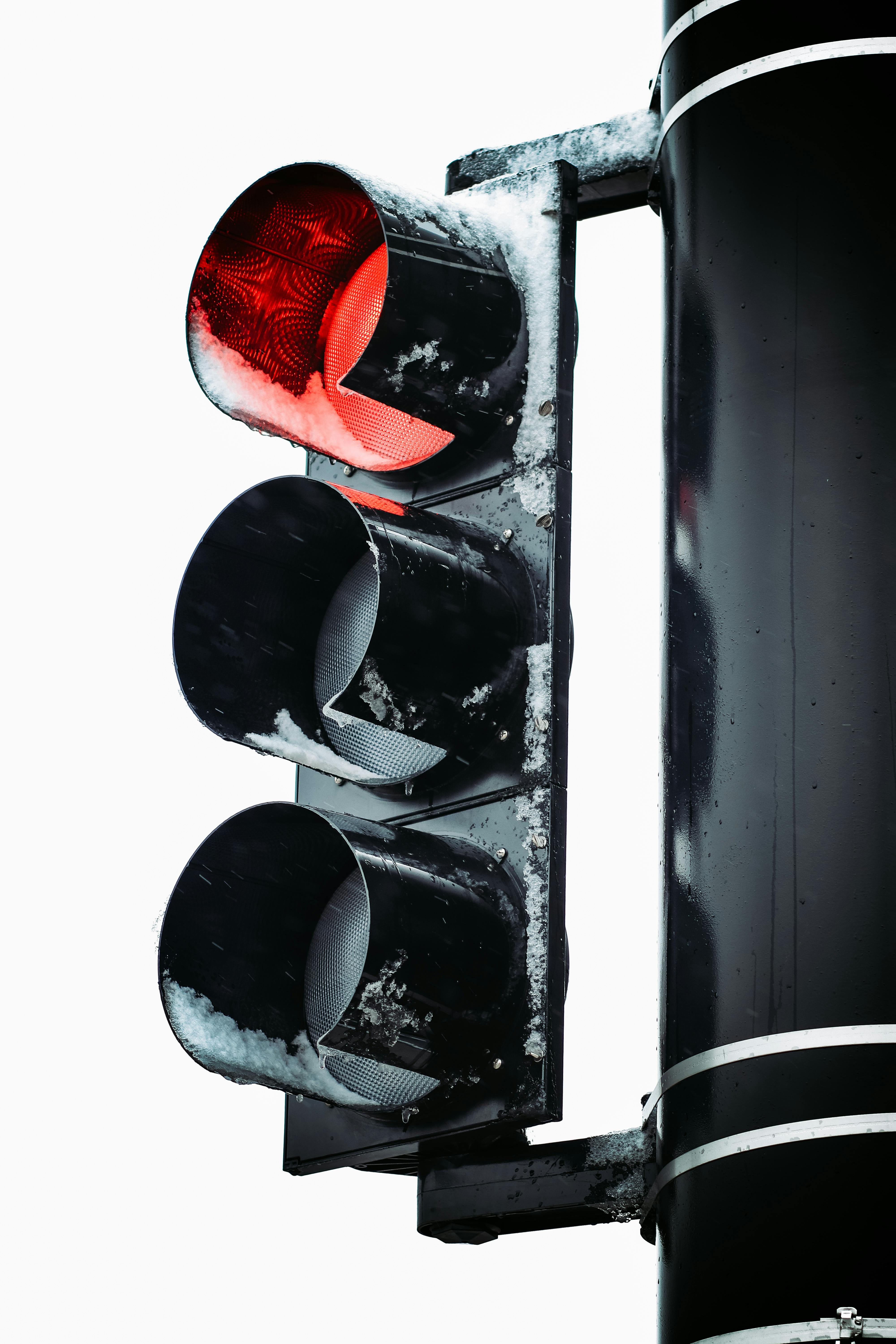
The Czech legislative calendar is entering its final phase before the parliamentary elections. Several extensive legislative proposals on which public administrations and business associations have been working for months or even years will therefore remain unaddressed. Calls to lighten the regulatory burden are appearing increasingly frequently in the media, and some entrepreneurs are welcoming these election-imposed legislative delays with relief. However, the reality is more complex.
Deposit scheme rejected: what next?
One example of legislation that will not be adopted before the elections is the deposit scheme for packaging. Despite enormous efforts by the Ministry of the Environment and the beverage industry, the proposal failed. Critics, who viewed the deposit system as an unnecessary and expensive upgrade to a well functioning waste infrastructure, breathed a sigh of relief.
Nevertheless, the Czech Republic's failure to introduce a deposit system does not change the obligations imposed on all EU businesses by the Packaging Regulation. Within five years, companies must ensure that more than half of all packaging is recycled, that at least one-tenth of all beverage packaging is returned by consumers or that one-third of their plastic bottles are made from recycled PET.
It is individual EU Member States who must ensure that 90% of beverage packaging is collected in a controlled manner, ideally through a deposit system. However, after years of preparing for the deposit scheme, it is again companies who face a lack of clear rules for investment in returnable packaging and recycling capacity and must cope with the impact of this new uncertainty on their businesses.

Ignoring the Battery Regulation
The Battery Regulation has introduced similarly ambitious obligations for businesses in the EU. It requires mandatory carbon footprint declarations for products, minimum thresholds for recycled metal content, and guarantees regarding capacity and the number of charging cycles.
Global players generally welcome the fact that European legislation is increasingly being adopted as regulations, as with the case of batteries, meaning they apply directly across the EU, without local implementing rules. Thus, at first glance, they might not be concerned that the Czech Republic is postponing amendments to its end-of-life products law to align with the Battery Regulation.
However, until the amendment is adopted, local regulations will be preventing them from fulfilling their EU legal obligations – for example, by prohibiting the visible indication of compliance costs when selling products in the Czech market. Furthermore, companies that gain a competitive advantage by flouting regulations will continue to be listed as operating legally in public registers. This situation is not conducive to business.
Our complacency in overlooking legal chaos and expecting companies to cope with it ignores the transaction costs that affect everyone. It also fuels a social mood that demands ever-greater prosperity, yet is increasingly allergic to public regulation as a means of achieving it.
Environmental disasters undermine trust in industry
Social consensus, like any trust, is slow to build and quick to lose. Entrepreneurs with a long-term perspective typically protect it, even though new social demands sometimes conflict with their established business models.
Companies' opposition to strengthening the Czech law on the prevention of environmental damage, which is also being shelved before the elections, can be understood as reluctance to accept more paperwork and the cost of environmental insurance for riskier operations. However, this criticism masks another reality: failing to strengthen the law could be viewed as a missed opportunity to build public confidence in industry, which could otherwise thrive in people's neighbourhoods without causing serious environmental accidents.
The liability with regard to the prevention and remedying of environmental damage — an EU mechanism activated around 150 times a year — was not invoked in the Czech Republic even following the significant Bečva River pollution incident. Opponents of any amendment to the law emphasise short-term savings on paperwork and insurance. But without clearly explaining what other safeguards are in place, they risk reinforcing negative public perceptions of industry. Saving money on environmental guarantees may ultimately harm companies by nurturing mistrust towards Czech industry.
Less regulation does not mean lower costs
Politicians' statements are full of promises to cut public regulation, explaining that this will kick-start European economic growth. The introduction of mandatory public reporting of sustainability matters (CSRD), due diligence on risks in customer-supplier relationships (CSDDD), and the classification of investments according to specified sustainability parameters (Taxonomy) has led to a surge in opposition to excessive European regulation. Various parties are eager to alter or altogether repeal previously adopted regulations.
However, the argument that cutting regulations will automatically improve the business environment is flawed. Deregulation in the environmental field sometimes merely means shifting responsibilities from the public to the private sector, rather than reducing them.
When the state relinquishes oversight, investors, insurers, and multinational supply chains often fill the void. Companies still report data on carbon footprint, product recyclability and human rights compliance, but with varying levels of detail and frequency, and without the protection of a uniform legal standard.
Linking competitiveness to weaker environmental rules is misleading. The most successful regions, such as Benelux and Scandinavia, combine high levels of innovation with strict environmental standards. Regulation itself does not appear to hinder success. The main obstacles are a lack of transparency, frequent changes and insufficient coordination between the state, industry and other sectors of society.

Without pioneering rhetoric
European environmental policy has produced some notable failures. Some first-generation biofuels increased GHG emissions, a flood of ETS allowances fuelled speculation, controls on diesel car emissions were ineffective, and enormous green payments under the Common Agricultural Policy failed to make European agriculture more environmentally friendly.
Biodiversity continues to decline, and Europe’s environmental gains are sometimes the result of exporting pollution, such as shipping waste abroad or importing raw materials. EU environmental rules are among the most frequently implemented late by Member States, which raises business costs in the single market and supports backward businesses at the expense of environmentally friendly operations, thus perpetuating the gap between regulatory theory and practice.
While such missteps may illustrate an overgrown, ideologically driven and self-destructive EU bureaucracy, they also demonstrate regulators' ability to learn from mistakes using real-world data. Although environmental regulation accounts for around a third of Czech proceedings for infringements of EU law, this proportion, as well as the total number of cases, is consistent with the European average.
While many companies do indeed fail to comply with various environmental regulations, the gradual introduction of uncompromising digital control tools is narrowing the gap between theory and practice rather than widening it. To the point, this has a destructive impact on small and medium-sized enterprises, which have significantly less capacity to cope with increasing and more rigorously enforced regulation.
And yes, Europe is failing to protect its market and businesses from a flood of foreign goods that violate European standards, and it is losing out when it comes to enforcing global environmental standards. But other regions of the world are gradually introducing the very environmental reforms that the EU adopted earlier, without the European pioneering rhetoric and having learned from Europe's mistakes.
A capable company can always make money
Paradoxically, current calls to cut European environmental regulations are being countered by current support for new 'game-changing' regulations designed to stimulate business. Examples include digital passports to track the environmental footprint of products, regulations to control the environmental impact of cars, and the Circular Economy Act.
However, ignoring reality does not pay, whether you are introducing or removing regulations. Companies that base their strategy on the expectation of environmental deregulation are likely to fare poorly. Investing in new business models is legitimate, as is profiting from old ones while they last. A capable company can always make money; it just has to correctly assess developments and its strengths.
This commentary is based on a presentation by Tomáš Babáček at the 'Law and Environment' conference organised by 'Ekonomický deník' and 'Česká justice' on 25 June 2025 in Prague. It was published by Ekonews.cz in July 2025.


